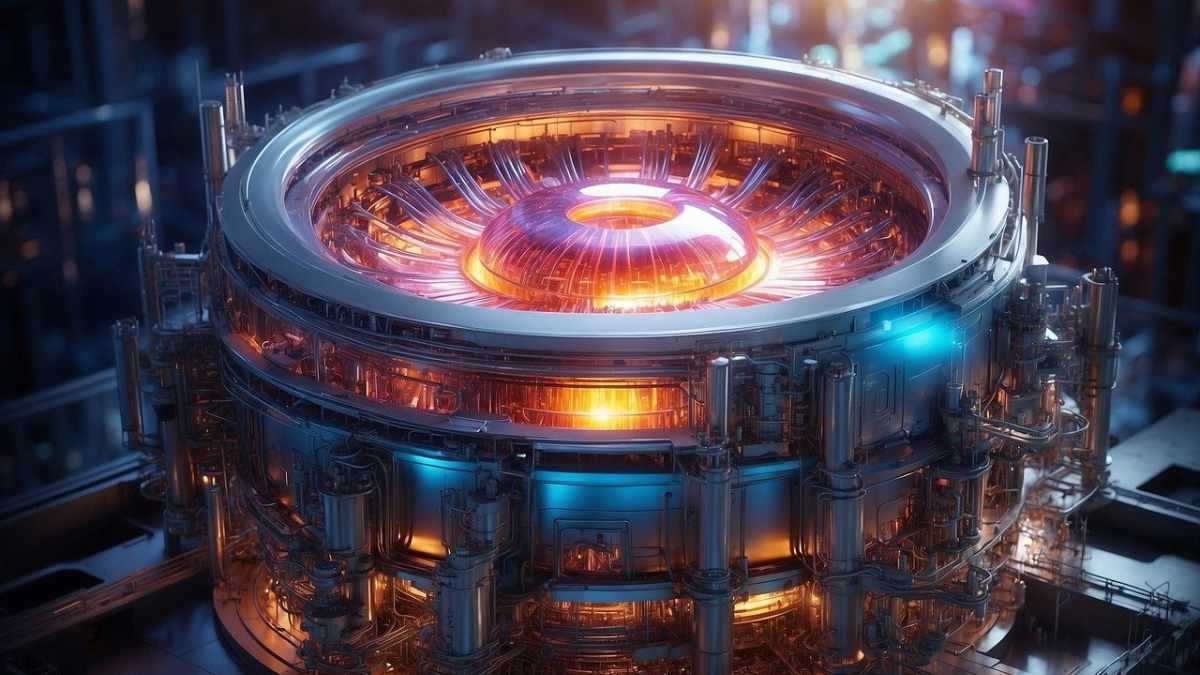What is the difference between quantum computing, quantum mechanics and quantum supremacy?
Quantum computing, quantum mechanics, and quantum supremacy are related concepts, but they refer to different aspects of the broader field of quantum physics.
Let’s break down each term:
- Quantum Mechanics:
- Quantum mechanics is a fundamental theory in physics that describes the behavior of matter and energy at the smallest scales, typically at the level of atoms and subatomic particles.
- It introduces the concept of quantum states, superposition, and entanglement, which are fundamental principles governing the behavior of particles in the quantum realm.
- Quantum Computing:
- Quantum computing is a specific application of the principles of quantum mechanics to perform computation.
- Traditional computers use bits to represent information as either 0 or 1, while quantum computers use quantum bits or qubits.
- Qubits can exist in multiple states simultaneously due to superposition, and they can be entangled, allowing quantum computers to perform certain calculations much faster than classical computers for specific problems.
- Quantum Supremacy:
- Quantum supremacy is a term that refers to the point at which a quantum computer can perform a specific task more efficiently than the best classical computers available.
- In 2019, Google claimed to have achieved quantum supremacy when their 53-qubit quantum processor, named Sycamore, reportedly solved a specific problem faster than the most powerful classical supercomputers could.
- Quantum supremacy is a significant milestone as it demonstrates the potential of quantum computers to solve problems that were previously thought to be intractable for classical computers.
In summary, quantum mechanics is the theoretical framework describing the behavior of particles at the quantum level. Quantum computing is the practical application of quantum mechanics to perform computations using qubits. Quantum supremacy is the milestone where a quantum computer outperforms the best classical computers in solving a particular problem.

